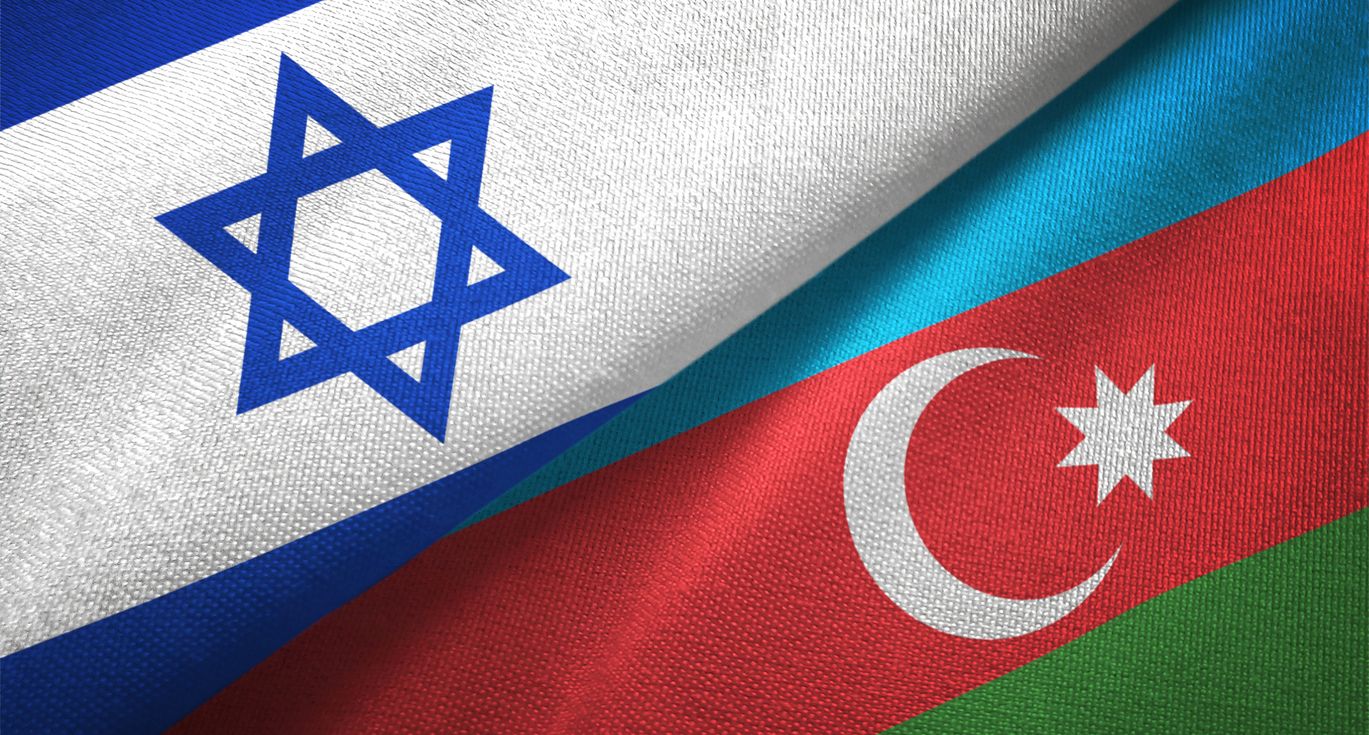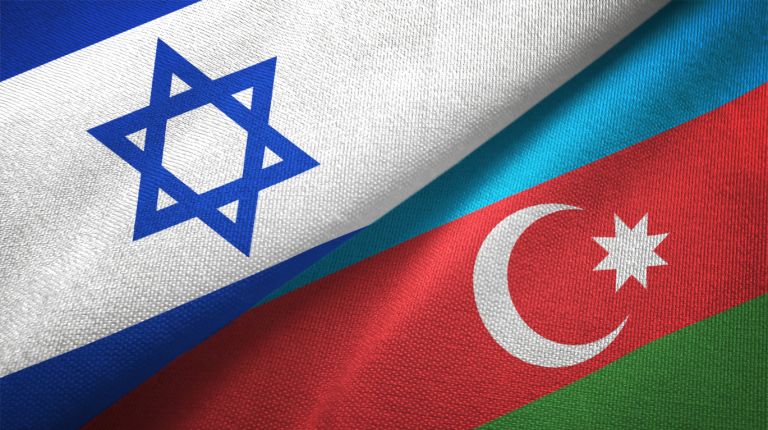
- Home
- Cyber stability
- Israel–Azerbaijan: a cyberstrategic partnership
Israel–Azerbaijan: a cyberstrategic partnership


Cooperation based on mutual interests has become a key feature of bilateral relations between the two countries.
Israel and Azerbaijan have enjoyed decades-long ties in fields such as economics, defense, and politics. In recent years, however, the two nations have strengthened their collaboration in cyberspace and cyberdefense. Azerbaijan is rich in natural resources, especially oil and gas, and is keen to diversify its economy. Israel, meanwhile, is renowned for its expertise in technology and innovation.
Israeli companies specializing in cybersecurity have forged close ties with Azerbaijan, providing consulting services, security solutions, and cyberdefense products. This economic collaboration has consolidated the Hebrew state’s position as a cyberpower and helped Azerbaijan to strengthen its capabilities in this critical area.
Another key sector is hydrocarbons. Tel Aviv imports 40% of its crude oil via the Baku–Tbilisi–Ceyhan pipeline, which passes through Turkey on its way to Israel. The State Oil Company of the Republic of Azerbaijan (SOCAR), Azerbaijan’s national oil company, is responsible for the exploration, production, processing, and transportation of oil and gas.
Military alliance
Another key feature of their partnership is military ties. Azerbaijan has twice been locked in conflict with Armenia over Nagorno-Karabakh, first between 1988 and 1994 and then again between September and November 2020. Israel has provided Azerbaijan with arms and military training, which has helped strengthen ties between the two countries, particularly in cyberdefense.
Israel has helped Azerbaijan develop its military cybersecurity capabilities, strengthening its defense against potential cyberattacks. The two countries have also collaborated on intelligence and security-related information sharing, bolstering their position in a volatile region.
As part of this deal, Israeli company NSO Group sold its Pegasus spyware to Baku, and Tel Aviv also supplied Hermes 450/900 drones from Elbit Systems. These drones, as well as being equipped with electronic sensors, provide the Azerbaijani military with a digital model of the terrain.
This data provides Baku with more detailed mapping information for its ground operations. More importantly, it makes their artillery fire more accurate. Cybersecurity cooperation between Israel and Azerbaijan is therefore not solely confined to commercial interests.
As journalist Emile Bouvier explains, Baku and Tel Aviv have forged strong ties in the cyber field. On November 17, 2022, the Azerbaijani authorities announced that they would soon be setting up a cybersecurity center on Azerbaijani soil, with Israeli backing. The center’s aim is to “train highly qualified specialists and instructors in cybersecurity,” with a target of training “more than 1,000 people, including 15 highly qualified instructors, over the next three years.”
Bilateral meetings
At the beginning of 2023, the Association of Azerbaijani Cybersecurity Organizations (AKTA) visited Israel to meet with governmental and private organizations. The aim of the trip was to strengthen cooperation between the two countries in the field of cybersecurity. During the visit, the AKTA delegation visited the CyberTech Global Tel Aviv 2023 conference and exhibition, held annually in Tel Aviv.
The exhibition showcased the work of over 100 companies specializing in cybersecurity and provided an opportunity to explore the potential uses of the technologies and solutions on display.
On the sidelines of the event, the AKTA delegation held bilateral meetings with several companies that could help strengthen Azerbaijan’s scientific, technical, and human potential in the field of cybersecurity. These meetings included presentations on the products and services of Magnifica, Flowsec, Flycomm, Hexatone, TripleP, Blackstone, and other Israeli companies, and discussions on the opportunities for developing joint projects in Azerbaijan.
In particular, there was an exchange of views on how the startup ecosystem is evolving in Azerbaijan and the scope for developing new startups, as well as on strengthening research and human resources in cybersecurity. The AKTA delegation also visited the headquarters of several other institutions and companies specializing in cybersecurity.
Of particular importance among these were the meetings and discussions held in the city of Be’er-Sheva with representatives of Israel’s national Cyber Emergency Response Team (IL-CERT). This paved the way to a preliminary agreement to provide support for training cybersecurity specialists in Azerbaijan. The aim is to create opportunities for short-term internships under the laboratory conditions of Israel’s national CERT.
The cooperation between these two countries also takes place in a specific regional context. Politically, the two countries have developed a strategic relationship based on common interests, including the fight against terrorism, regional stability, and the promotion of security. Israel and Azerbaijan have also supported each other’s positions on the international stage, not least over the Armenian conflict.
Israel continued to supply Azerbaijan with military equipment during the conflict. As journalist Thierry Oberlé explains: “Human Rights Watch (HRW) proved the previously open secret that Azerbaijan used Israeli-made cluster munitions in its war in Nagorno-Karabakh. HRW mentions in particular LAR-160 rockets, debris from which was found in bombed areas of Stepanakert, the capital of the self-proclaimed Armenian Republic of Nagorno-Karabakh.”
the newsletter
the newsletter



